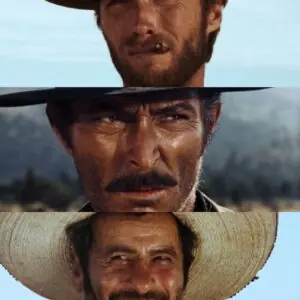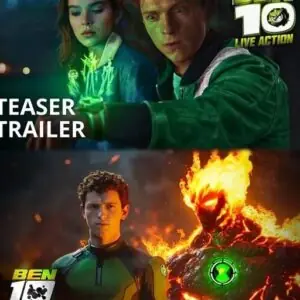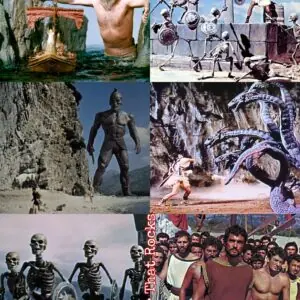Bong Joon Ho’s 2025 film, Mickey 17, is a masterful blend of science fiction, dark comedy, and biting social commentary. Adapted from Edward Ashton’s 2022 novel Mickey7, the film delves into themes of identity, exploitation, and the human condition through the lens of a futuristic space colonization mission. Starring Robert Pattinson in a dual role, the narrative follows Mickey Barnes, an “Expendable” clone repeatedly sent on perilous missions, only to be killed and replaced by a new iteration. However, the 17th version, Mickey 17, defies expectations by surviving his mission, leading to profound existential questions and conflicts.

A Futuristic Dystopia: Setting the Stage
Set in the year 2054, Mickey 17 introduces viewers to Niflheim, an icy planet targeted for colonization. The colonization effort is led by Kenneth Marshall (Mark Ruffalo), a pompous and authoritarian figure who oversees the “Expendables” program. These clones are deemed disposable, sent on dangerous tasks with the understanding that upon death, their consciousness will be restored in a new body. This premise raises immediate ethical concerns about the value of life and the exploitation inherent in such a system.
Robert Pattinson’s Dual Performance
Robert Pattinson delivers a remarkable performance, portraying both Mickey 17 and his successor, Mickey 18. The contrast between the two versions is striking; Mickey 17 is introspective and empathetic, while Mickey 18 is brash and self-serving. This duality allows Pattinson to explore the nuances of identity and the impact of experiences on one’s character. His portrayal adds depth to the narrative, highlighting the complexities of consciousness and individuality.
Themes of Exploitation and Identity
At its core, Mickey 17 is a critique of exploitation and the commodification of life. The “Expendables” program serves as a metaphor for societal structures that dehumanize individuals for the sake of progress and profit. The clones, despite their repeated deaths and resurrections, retain their memories and personalities, challenging the notion of what it means to be human. This exploration prompts viewers to consider the ethical implications of cloning and the sanctity of individual identity.
Visual Storytelling and Cinematic Craftsmanship
Cinematographer Darius Khondji’s work in Mickey 17 is exceptional, using visual contrasts to emphasize the themes of the film. The cold, sterile interiors of the spaceship juxtaposed with the harsh, barren landscape of Niflheim underscore the isolation and desolation experienced by the characters. The creature designs, particularly the “Creepers,” are imaginative and serve as symbols of the unknown and the misunderstood aspects of nature. These visual elements enhance the storytelling, immersing the audience in the film’s dystopian world.
Satirical Elements and Social Commentary
Bong Joon Ho’s signature satirical style is evident throughout the film. The portrayal of Kenneth Marshall as a self-aggrandizing leader echoes contemporary political figures, serving as a critique of authoritarianism and the dangers of unchecked power. The narrative also touches on themes of environmental exploitation, drawing parallels to Okja, where corporate greed leads to the destruction of nature. These elements add layers of meaning to the film, prompting reflection on current societal issues.

A Thought-Provoking Conclusion
The film’s conclusion offers a rare moment of optimism in Bong Joon Ho’s oeuvre. Mickey 17’s survival and his efforts to broker peace with the indigenous alien species signify a rejection of the cycle of exploitation and violence. This resolution suggests a path toward redemption and reconciliation, providing a hopeful message amidst the film’s darker themes. However, the ending also leaves room for contemplation, as the complexities of identity and humanity remain unresolved.
Final Thoughts
Mickey 17 is a compelling exploration of identity, exploitation, and the human spirit. Through its engaging narrative, strong performances, and thought-provoking themes, the film stands as a significant work in Bong Joon Ho’s directorial career. It challenges audiences to reflect on the ethical implications of technological advancements and the value of individual identity in an increasingly commodified world. As such, Mickey 17 is not only a cinematic achievement but also a catalyst for important conversations about the future of humanity.





